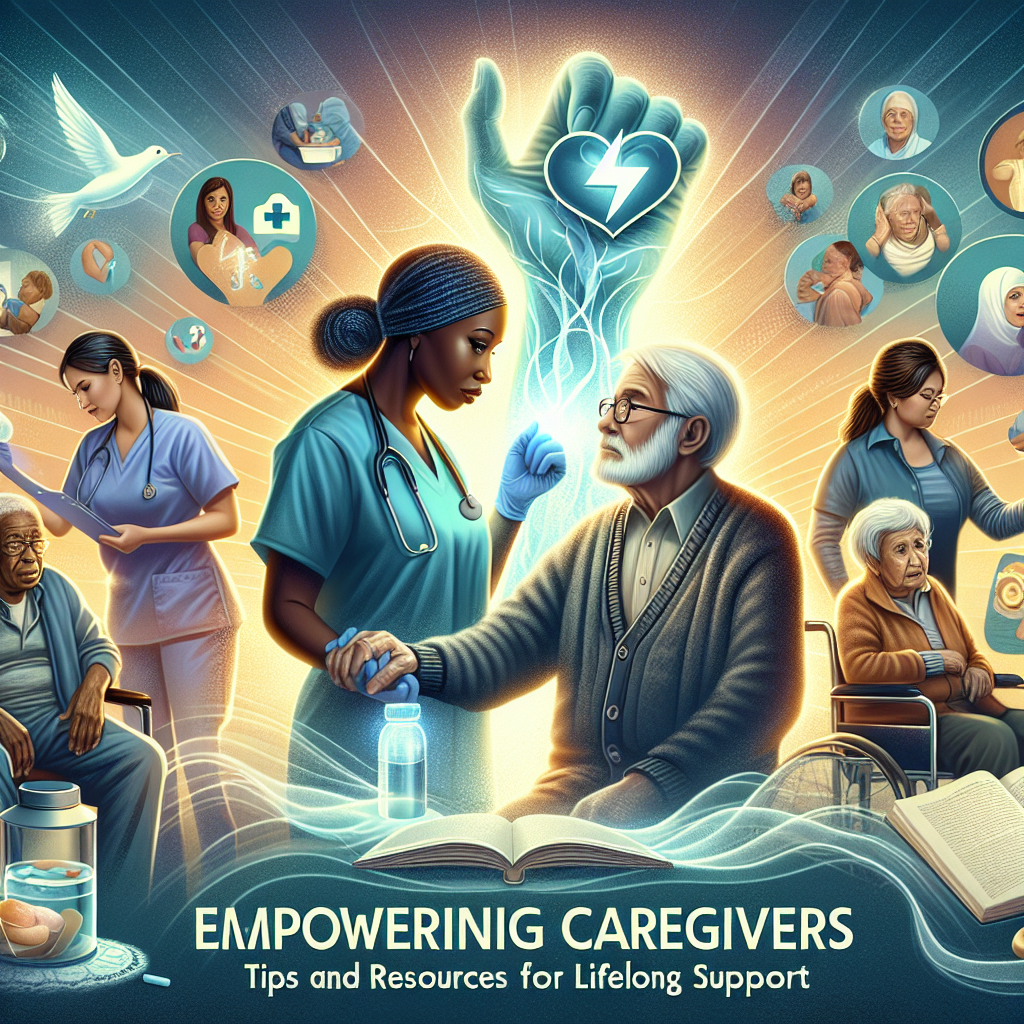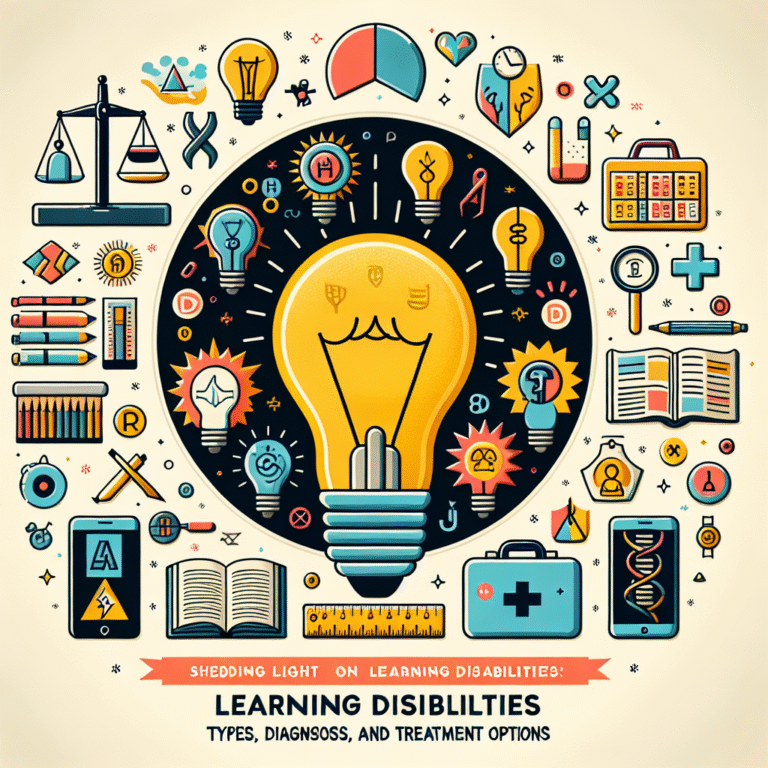
Title: The Ultimate Guide to Empowering Caregivers: Tips and Resources for Lifelong Support
Introduction
In an age where the role of caregivers is becoming increasingly essential, understanding how to empower these unsung heroes is critical. Whether you are a family member providing care for an aging parent, a professional aide assisting individuals with disabilities, or anyone in between, the emotional and physical toll of caregiving can be immense. Empowering caregivers not only benefits those who are supported but also improves the quality of life for the caregivers themselves. This article dives deep into strategies, resources, and insights aimed to offer lifelong support to caregivers, ensuring they feel valued, informed, and equipped to handle their responsibilities with confidence.
The Importance of Empowering Caregivers
Understanding Caregiving
Caregiving involves more than just providing physical support. It encompasses emotional, psychological, and social dimensions that shape both the caregiver’s experience and the care recipient’s well-being. According to a 2020 study by the AARP and the National Alliance for Caregiving, approximately 41.8 million adults in the U.S. provide unpaid care to an adult or child. These caregivers often find themselves navigating complex emotional and logistical challenges, underscoring the need for effective support systems.
The Essential Elements of Empowerment
Empowerment in caregiving can take many forms. Here are some essential elements:
- Education and Training: Knowledge is power. Caregivers need access to information about medical conditions, caregiving techniques, and local resources.
- Community Support: Establishing connections with other caregivers can provide emotional reinforcement and practical advice.
- Self-Care: Encouraging caregivers to prioritize their own health is key to their longevity and effectiveness in their role.
Tips for Empowering Caregivers
1. Provide Access to Resources
Creating a directory of local and online resources can be invaluable. This may include:
- Support Groups: Both online and in-person, these groups offer a platform for sharing experiences and challenges.
- Educational Workshops: Organizing or facilitating workshops on various caregiving topics can enhance skills and confidence.
| Resource Type | Examples |
|---|---|
| Emotional Support Groups | Local libraries, community centers, or online forums |
| Educational Workshops | Hospital programs, community colleges |
| Legal and Financial Aid | Non-profit organizations, government websites |
2. Foster Communication Skills
Communication is pivotal in caregiving. Engaging in active listening and open dialogue can help ensure that needs are met. Training programs that teach caregivers how to communicate with health professionals, family members, and care recipients can empower caregivers to advocate effectively.
3. Leverage Technology
In today’s digital age, technology can be a powerful ally. Technologies such as mobile apps designed for caregiving, telehealth services, and electronic health records streamline information and improve care coordination.
- Case Study: Jane’s Journey – A daughter juggling her job and caring for her elderly mom found success using a health management app. The app helped her organize medications and appointments, enabling her to stay on top of her responsibilities without feeling overwhelmed.
4. Encourage Self-Care
Self-care should be more than a buzzword; it should be a priority. Caregivers often neglect their well-being, but it is crucial to create reminders to engage in pleasurable activities that rejuvenate their spirits.
- Case Study: Mike’s Marathon – After experiencing burnout, a caregiver named Mike integrated regular exercise into his routine, discovering that running not only improved his health but also his patience and positivity when caring for his mother.
Resources for Lifelong Support
1. National Resources
Several organizations can provide ongoing support:
- AARP Caregiving Resources: Offers a wealth of information ranging from financial planning to emotional support.
- Family Caregiver Alliance: This organization provides advocacy, education, and a caregivers’ toolbox.
2. Community Resources
Local organizations often develop tailored programs. Check your local community centers, churches, or hospitals for caregiver workshops and support groups.
3. Online Forums and Websites
Websites like Care.com offer articles, advice, and a community of caregivers who share their experiences and solutions in real-time.
Common Challenges Faced by Caregivers
Understanding the challenges caregivers face can help develop comprehensive support strategies. Common issues include:
- Isolation: Many caregivers feel alone in their experiences. Connecting them with others through support groups can help alleviate feelings of isolation.
- Emotional Strain: The emotional toll can lead to anxiety and depression. Providing mental health resources and professional counseling can promote well-being.
- Financial Pressure: Caregiving can strain financial resources. Educational resources on financial aid and planning can help navigate this issue.
Conclusion
Empowering caregivers is not just about providing information; it’s about creating a culture of support and understanding. By implementing the tips and utilizing the resources outlined in this article, communities can ensure caregivers feel valued and equipped. To all caregivers out there: you are not alone in your journey. Help is available, and small changes can inspire profound impacts—on your health and on the lives of those you care for.
FAQs
1. What are some signs that a caregiver needs support?
Signs may include feelings of exhaustion, increased anxiety, withdrawal from social interactions, and neglecting personal health.
2. Are there financial aid programs specifically for caregivers?
Yes, various state and non-profit programs offer financial assistance for caregivers. Websites such as Benefits.gov can help locate these resources.
3. How can I find local caregiver support groups?
Check community centers, local hospitals, or online platforms such as Meetup for caregiver groups in your area.
4. What self-care practices can help caregivers?
Self-care tips include setting aside time for physical activity, engaging in hobbies, maintaining social contacts, and seeking professional counseling when needed.
5. Can technology really make caregiving easier?
Absolutely! Technology can help simplify tasks such as medication management, appointment scheduling, and connecting with healthcare professionals, thereby reducing stress for caregivers.
By understanding the dynamics of caregiving and utilizing the tips and resources provided in this article, individuals can empower caregivers more effectively. Empowering caregivers: tips and resources for lifelong support are not just necessary—they are essential to fostering a compassionate, supportive caregiving community.

















